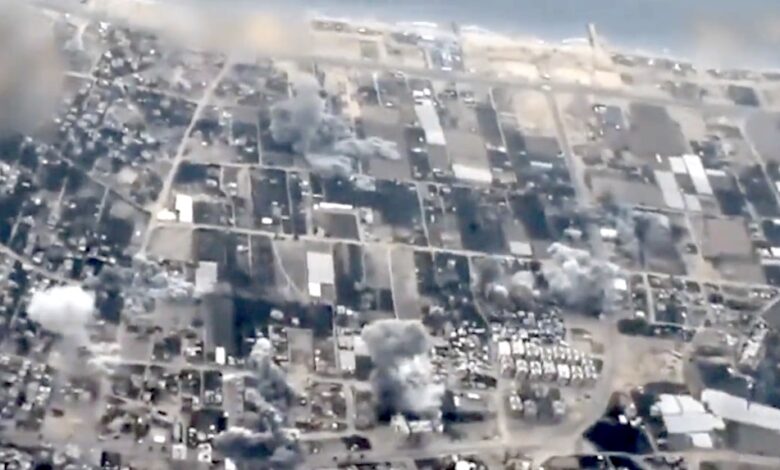Shipping on alert as Israel’s war with Hamas enters fourth day

The war that has broken out between Israel and Hamas has shuttered one port 10 km north of the border with the Gaza Strip, currently being pounded by the Israel Defense Forces (pictured), while international shipping has been cautioned to exercise extreme caution when transiting near the region.
Ashkelon, Israel’s biggest oil terminal, has been closed while military operations are underway and Chevron has also informed that it has been instructed by Israel’s energy ministry to shut down the Tamar natural gas field off the country’s northern coast in the wake of Hamas’s surprise attacks on Saturday.
Other ports – notably Haifa and Ashdod – continue to accept marine traffic.
“While the immediate effects on shipping and commodities are likely to be limited, diplomatic and other developments in the broader region could have longer-term consequences that could affect seaborne trade,” an update from chartering platform Shipfix suggested, pointing towards Iran, an ally of Hamas.
Analysts at Fearnleys argued that the war is unlikely to directly affect shipping markets. However, there are a few indirect effects that the Norwegian brokerage outlined including the fact that the lifting of sanctions on Iran is not likely anymore.
More alarmist was Ole-Rikard Hammer of Arctic Securities, who suggested in a note to clients: “The history of conflicts in the Middle Eastern Gulf is that tonnage demand rises in response to oil shortage fears. The impact on rates depends on the conflict as well as the fundamental market backdrop. In this case, we see the tanker market as very tight. Demand is on the rise seasonally and the Israel-Hamas war is expected to add to this. We look for the VLCC market see the biggest impact.”
